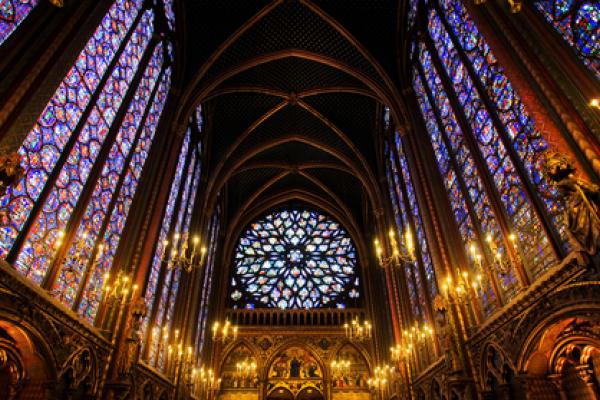Although church conventions tend to get attention for decisions on sexuality and gender, I am more intrigued by a movement among Episcopalians to sell their national headquarters building in New York City.
Whether the shrinking national staff would leave "815" (815 Second Avenue) or remain as tenants isn't clear. Nor is it clear where they would go next if they left. Suggestions range from a large cathedral property (New York or Washington, D.C.) to a middle-of-the-country site. (Presbyterians chose Louisville, Ky., when they made a similar decision in the late 1980s.)
As a cost-cutting measure, a building sale strikes me as unpromising. Nor am I persuaded by anti-Gotham arguments. Having a church center here isn't a "Babylonian captivity" or the last relic of an "imperial dream," as critics put it.
Read the Full Article

